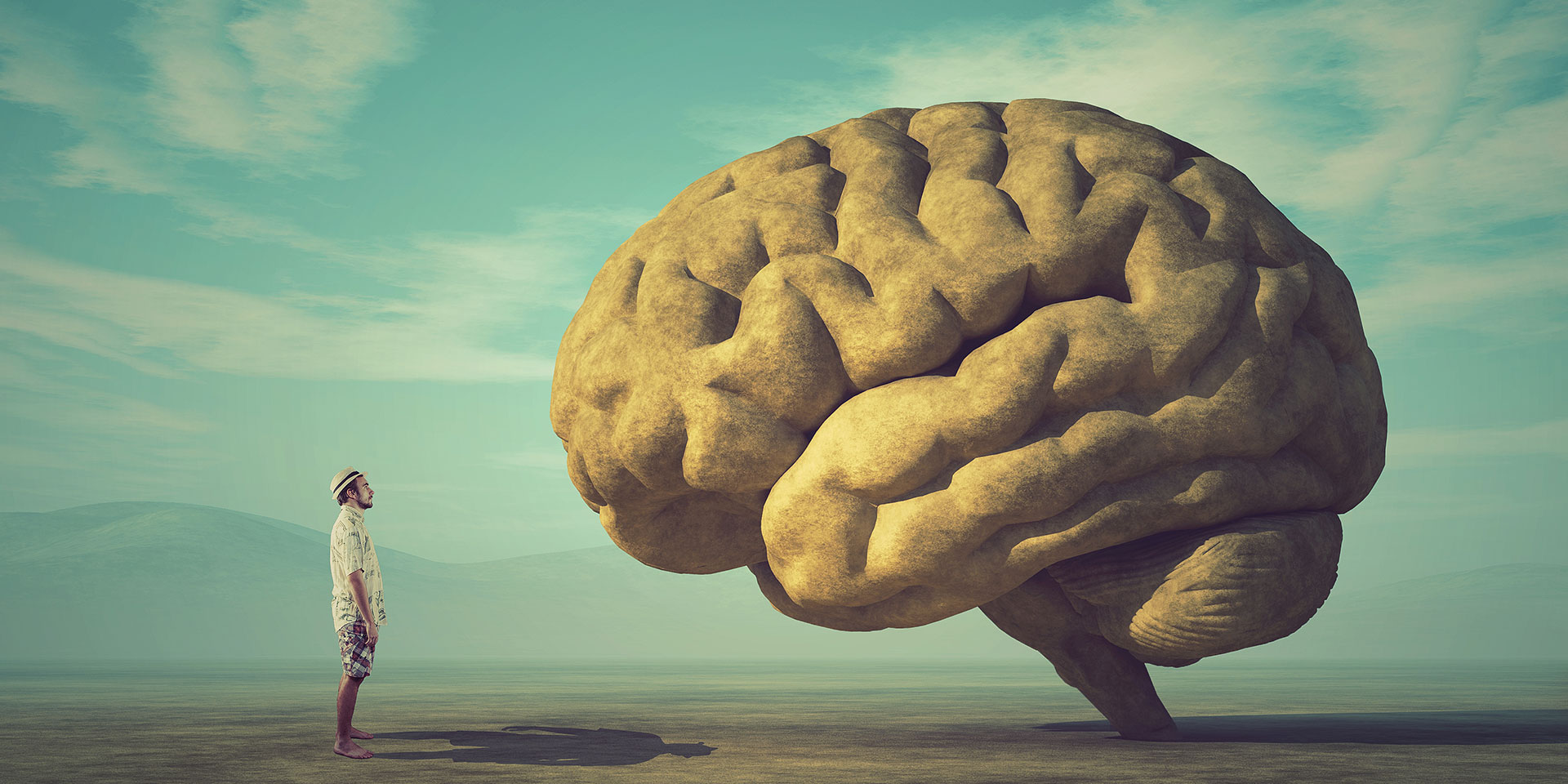“You cannot recognise the wisdom of a wise man whom you have not tested” (Papyrus Insinger, XII, 15).[1]
“Humanity is now officially getting dumber.” This is the journalistic conclusion of a study published in the Proceedings of the National Academy of Sciences. The study, carried out by the Ragnar Frisch Centre for Economic Research in Norway, used 730,000 intelligence tests on three generations of men of military age between 1970 and 2009. Corroborating data from a number of studies and from other countries (UK, New Zealand, etc.), including those of the academic James Flynn, from the last century, the following conclusion was reached: In the 20th century, the IQ of those tested rose by an average of 3 points per decade, peaking in the mid-1970s. In recent decades, however, the trend has been downward, by 7 points per generation.
Journalists, psychologists, economists, and others try to speculate on the causes, but they are still unknown. The supposed factors listed in articles and news reports on the phenomenon are: unhealthy food, poor education systems, obsession with technology, stupidity-inducing living environment, tabloid media garbage, fake news, and others.[2]
Upon learning of this disturbing trend, one can’t help but wonder whether we shouldn’t look more closely at the possible causes of this “disease” in order to try to cure or at least ameliorate it.
What is intelligence?
Cicero was the first author in Roman antiquity to define intelligence as “the power and function of the mind to establish connections and to make connections between connections.”[3] Of course, this understanding of the term has more of a cultural value today, but it does little to clarify the concept. We admit that certain characteristics that make up our human nature are primarily due to the age and culture in which we live; we will therefore refrain from quoting thinkers from centuries long past.
This is how a famous psychologist and researcher of the last century described intelligence: “Intelligence is structured in the conditions of social adaptation, always concrete, involving social relations that generate attitudes that correlate with aptitudes, so intelligence must correspond to certain cultural patterns. Man is not intelligent, but becomes intelligent in relation to social and historical conditions.”[4]
For other experts[5] such as Claparède, Stern, Piaget and Thurstone, intelligence is a mental adaptation to new conditions and situations; it is also a state of balance towards which all successive adaptations in knowledge, movement and senses, in interaction with the environment, are directed; it is both a characteristic of the psyche and a process; it is expressed in the individual’s relationship with the environment, with his contemporaries and with himself; it involves logic and the interpretation of reality, and creativity, because it structures attitudes and behaviour.
Jean Piaget, the pioneer in the study of juvenile intelligence, stated that we may need to look for the secret of intelligence before the age of 7-8.[6]

What factors affect intelligence?
If we are to join those who are publicly expressing their concern to identify the factors that determine the decline in the IQ of the population, we consider several authors to be relevant, because they have referred to today’s civilisation and the impact of technology on our lives, especially on children and young people.
Virgiliu Gheorghe[7] presents the results of research into the effects of the screen on the minds of children and young people in our century. And although the references are mainly to the television screen, the conclusions are just as relevant in the context of the new media. The author even outlines a portrait of a young individual for whom the screen has, to a large extent, been a parent, nanny, and educator throughout his or her childhood. He or she seems to have an inhibition of communication within and between the two hemispheres of the brain; this “passivates the intellectual processes, reactions and behaviour of the individual, endangering the development of intelligence.”
Furthermore, such a child or young person exhibits the effects of damage to the prefrontal areas of the cerebral cortex. This has a number of disadvantages: it affects their ability to use language and understand concepts, to think logically and analytically, to read and write, to memorise, and to learn. “These young people are unable to concentrate for long periods of time and to motivate themselves to see an activity through to the end. They are unable to plan and organise their schedules and their lives, are lax and careless, irritable and hyperactive, unable to control their emotions, and may exhibit exacerbated instinctive behaviours—bulimia, aggression or sexual urges.”
If we are inclined to respond to all this by saying that these traits have always characterised young people, to varying degrees, let us add the following observations: behaviour that lacks altruism leads to a lifestyle that is lonely, deviant, and ultimately unloving. The author explains that the deviations in sexual behaviour are linked to the malfunctioning of the brain in its prefrontal areas. This can lead to “sex becoming the obsessive centre of the individual’s preoccupations.” This undermines the young person’s attitude of authentic self-discovery through the cultivation and pursuit of intense emotions. It also undermines the young person’s reflectiveness about existence and the chance to broaden his or her horizons of experience through shared experiences and healthy relationships with others.
These are, of course, tendencies that may be more or less present depending on other factors (family upbringing, social background, peer influences, genetic predispositions, and so on). But what is new about screen addiction is the tendency to disinhibit all behaviours aimed at obtaining pleasure. The author says: “These young people, who begin to think about sexual matters in their early school years and who begin to have sexual relations before they finish secondary school, quickly become physically and mentally exhausted, frustrated and perverted, because the fantasies of Eros keep stimulating their imagination, while the promised happiness turns out to be illusory.”
Another author who, in my opinion, is relevant to the problem of the diminishing intelligence of the new generations is Giovanni Sartori.[8] He lists the determining factors that today turn a child into an adult: 1) parents; 2) the peer group, i.e. people in his reference group, friends, peers; 3) school; and 4) the media. The latter—mainly “video viewing”—is crucial. This is at a time when parents are “in disarray”, school is “collapsing” and the peer group “almost exclusively reflects a juvenile culture which is itself an audiovisual culture.”
The vicious novelty lies in the fact that whereas in the past children’s interaction with their peers and friends strengthened affective relationships and constructive interactions, whether playful or cognitive, now the trap of video addiction plunges them—both together and separately—into virtual experiences that alienate them from themselves and from the affectivity of others. They get to know neither themselves nor each other, except in very narrow areas of shared technical skills.
As a result, the video-dependent adolescent or child matures physically, but not emotionally, and develops socially as a “bad citizen, poorly supporting the democratic city and the collective good.” Excessive communication through social networks is an illusion of real socialisation. Sartori compares it to “seeing without understanding.”

A cause behind the causes
As Piaget[9] pointed out, “the image is not itself an element of thought. It merely accompanies it and serves as a symbol—an individual symbol that completes the collective signs of language.”
Video addiction blocks access to abstract thought, to higher forms of reflection, which can apply to the great themes and problems of humanity and to introspection. All these go beyond the mere image; they concern philosophical categories—in other words, concepts of the greatest generality (the meaning of life, the world, humanity, the universe, freedom, death, creation, vocation, faith, justice, love, happiness, and so forth). Because of their complexity, they cannot be contained in a simple image, however true it may seem that a “picture is worth a thousand words.” Here is what Piaget says: “Introspection, even when it is controlled, is concerned only with the products of thought, not with its shaping. (…) It is reserved for subjects capable of reflection.”
Sartori[10] invokes a new concept, “beyond-ism” (Daniel Bell) and says that “nowadays, if you do not ‘go beyond’, if you do not surpass and jump the fence, you do not exist.” He thus captures all the superficiality that transversally characterises the other deficiencies of the video addict’s thinking and adaptation. They cause his intelligence to diminish and his behaviour to become inadequate.
Once again, the evil novelty of image addiction is that it shapes a person from childhood or adolescence, whereas in the past addictions characterised mature people; they were those “habits” or “vices” acquired by bad behaviour over time. Children were not subject to such enslavement. Today, in the context of a fragile, developing personality, they are already facing a distortion.
The communication expert Lucien Sfez, who studies how people know and realise that they know something, identifies three levels: 1) the experiential level, which is the experience itself, present, without meaning, without logic, without words; 2) the conceptual level, where experience is symbolised and memory is constructed by appealing to words and meaning; and 3) the abstract level, which also involves logic, meaning, and words, but also allows for a vision, a complex image of concepts and experiences, of philosophical categories, values, and reasoning. Sfez says: “The mode of abstraction is declarative. It brings out what needs to be done, it creates a new context. A declaration of love belongs to the level of abstraction. It differs from love as a set of feelings, which belongs to the experimental level, or from the idea of love, which belongs to the conceptual level. Most people have an idea of love and very little experience of it. As Bateson says, they eat the menu instead of the food, they take the map for the territory.”[11]
I believe that these explanations give us a chance for a deeper understanding of the phenomenon of declining intelligence in young video addicts. If intelligence could function autonomously, as one of the many “engines” of our psyche, then the severity of its decline would be less, like collateral damage. However, the experts quoted point to its functional links with everything that makes up a person’s personality and, ultimately, their destiny.
That is why I believe that this problem should concern us all, as collectively as possible. It is the natural and Christian reaction of loving one’s neighbour, especially when this fragile neighbour, in the fullness of his development, grows astray, drifts away from us and from himself. In such a sad and silent case, which is so frequent, every teacher, every parent, every priest or pastor should think like the Apostle Paul: “Who is weak, and I do not feel weak? Who is led into sin, and I do not inwardly burn?” (2 Corinthians 11:29).















